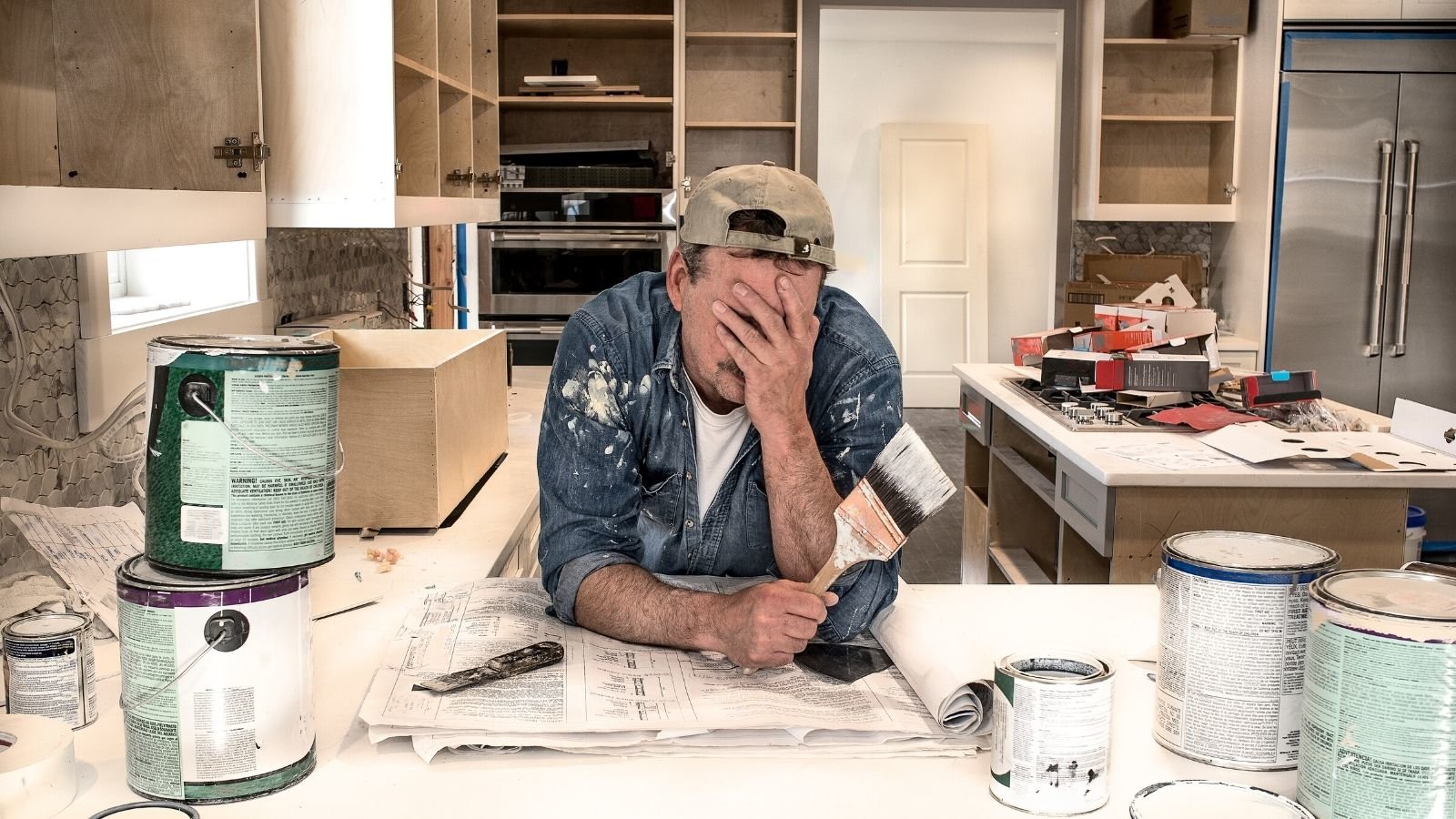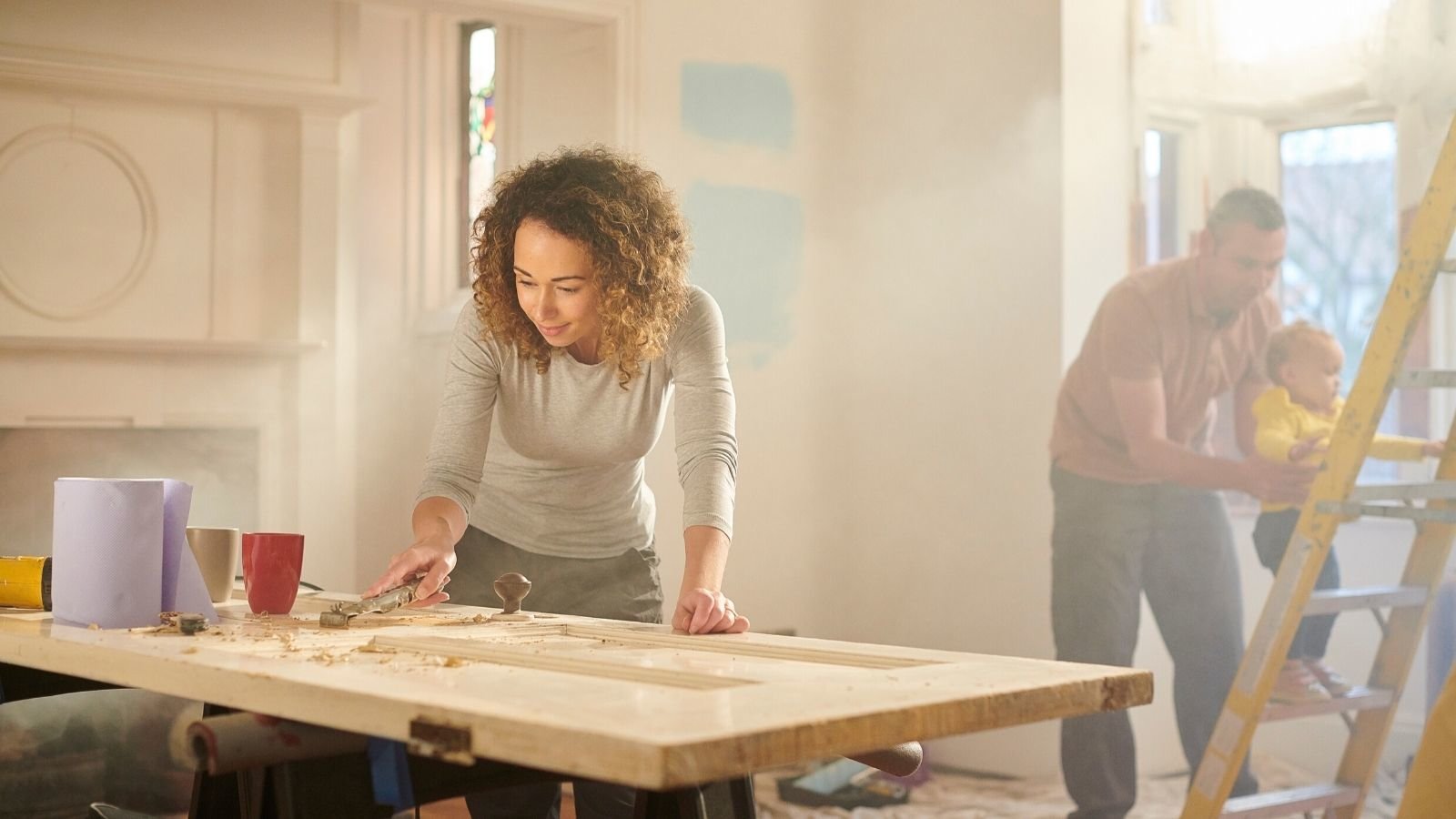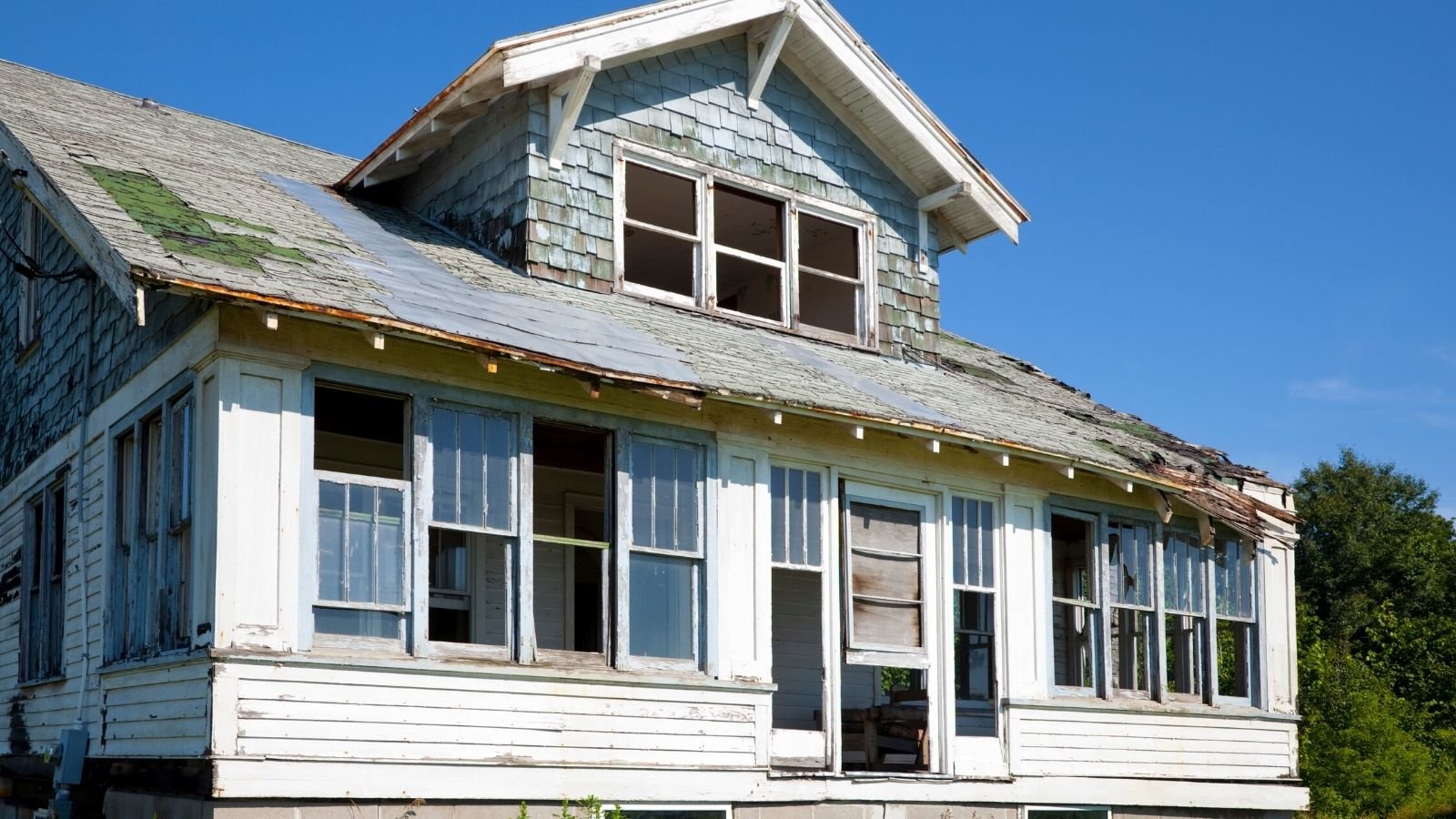Social Links Widget
Click here to edit the Social Media Links settings. This text will not be visible on the front end.
Is Buying a Fixer-Upper Worth It?

In the past few decades, it has become more and more popular to purchase a fixer-upper as a way to invest in real estate. With the invention of the internet and YouTube, any DIY-er can quickly learn how to do practically anything—from refinishing hardwood flooring to mudding and taping walls. Removing that old popcorn ceiling? No problem! Opening up the wall between the kitchen and the living room? Simple!
With a fixer upper, a real estate investor has the choice to contract the work or put in some sweat equity to really increase their ROI. Of course, the end goal is to make a profit when it comes time to sell. Whether the plan is to sell immediately or to live in the home for awhile and sell in the future, this can be a very realistic way to begin your real estate investing journey. So is buying a fixer-upper worth it?
Is Buying a Fixer Upper Right for You?
Perhaps the most important thing you need to ask yourself before you can answer that question is….is buying a fixer-upper right for you? Do you like to take on new projects? Do you have a vision of just how something should look? Are you creative, hands-on, or handy? Are you patient? Are you a team player? Are you able to manage large projects and the finances that come with them?
If you’ve answered yes to the majority of these questions, then perhaps you are ready for a fixer-upper!
What to Consider When Buying a Fixer Upper
Now that we know you are ready to buy a fixer-upper, let’s explore whether it is worth it. Of course, there are many variables to consider, with location always remaining the key to any investment property. And the opportunity to buy a fixer-upper in a neighborhood that you may have not otherwise been able to will definitely make it worth it. If you are lucky enough to find a fixer-upper in a neighborhood you desire, there are a few things to consider before you buy.

Labour
First and foremost, decide whether you will be hiring a contractor to manage the renovation or if you will be contracting the project yourself and putting in some sweat equity. Do a cost analysis, figure out the costs to renovate the property based on a thorough assessment of the condition of the house. Be tough with this estimate, and include materials and labor. Decide which, if any, of the work you can do yourself and which projects will require a professional.
Cost
If you plan to hire a contractor, factor in their fees for managing the project. Next, work with your REALTOR® to determine a market value after the renovation and add on an additional 5-10% for extras, unforeseen problems, and mishaps that have to be dealt with. Work backwards from your market valuation, subtracting the cost of the project and make this your maximum offer price.
Home Inspection
If you decide hiring a contractor is still the best move, bringing them in for the home inspection before you close on the property is ideal. At this point, they can give you an idea of whether your renovation estimate is close or if you’ve missed something important.
At best, this inspection will reassure you that the house is a good investment; and at worst, it will give you the information you need to back out of a deal that you cannot profit from. Keep in mind that major repairs, like plumbing and electrical system overhauls, foundation upgrades, and extensive roof and wall work often go unseen and rarely raise the value of the home enough to offset renovation costs. This is why working with an experienced REALTOR® to estimate the post renovation market value will be key in determining whether this fixer-upper is worth it.

Types of Repairs Needed
The ideal fixer-upper is one that requires mostly cosmetic improvements, like paint touch-ups, drywall repairs, and floor refinishing. The expenses of these projects are typically much lower than their returns in market value. Updates to doors, lighting fixtures, windows, and siding, as well as renovations to kitchens and bathrooms, also tend to see high returns on their investments.
Falling in the middle of structural and cosmetic renovations are largescale additions needed to bring the house up to par with neighbouring properties, such as adding a family room or 3rd bedroom in a community of 3-bedroom homes. These renovations typically cost as much as or more than they make back in market value, with the exception being adding a bathroom, which can sometimes return as much as double the cost.
The bottom line is that every fixer-upper will be unique. Unless you are experienced with the cost of renovations, you will need to work with a contractor who can evaluate the property and help you determine a renovation budget. A post renovation market valuation by a real estate professional who takes into account the location and analyzes comparables that are currently on the market and recently sold will then help you determine if this project will turn a profit. This will give you the best estimate of whether buying that fixer-upper is worth it!

 Facebook
Facebook
 X
X
 Pinterest
Pinterest
 Copy Link
Copy Link
